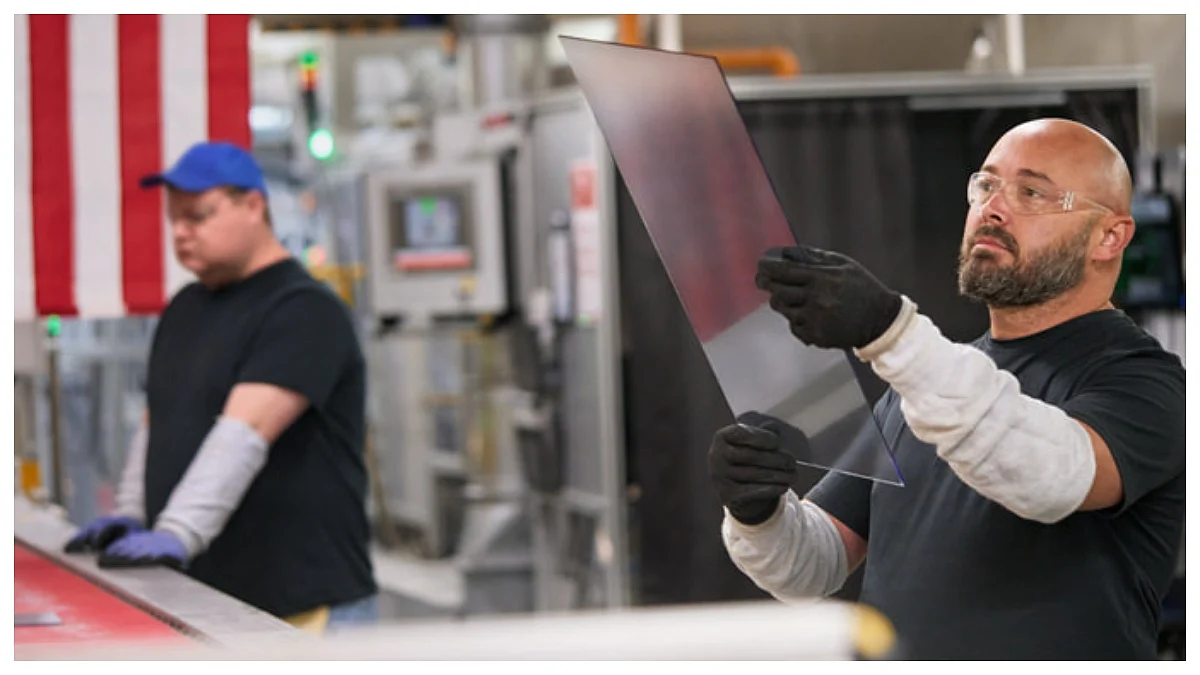An increasing number of millennials and GenZs in India started investing their money after the pandemic pushed the brakes on economic activity and caused financial uncertainty. With online apps simplifying the process of opening demat accounts without the usual hassle and paperwork, the number of demat accounts in India surged beyond nine crore by 2022. But with crypto and NFTs joining mutual funds and stocks, picking the right investment vehicle to enter the market can be a confusing task.
Decoding ETFs
Exchange Traded Funds (ETFs) are pools of investment securities which are a lot like mutual funds, but they can be traded on the stock market like regular shares. Mutual funds on the other hand, trade only after the closing bell. ETFs can be linked to commodity prices or to the value of a diverse set of stocks, which can be a safer option for beginners. It’s better to buy an ETF as a basket of assets, instead of paying brokerage for purchasing every stock separately. You don’t need to choose between stocks and commodities, since ETFs can be a combination of both along with bonds.
For entry level investors
ETFs are good for new investors, since they are a passive investment vehicle, where one can park their funds with a long-term horizon without checking on them frequently. Without the need for actively managing the fund and a one time brokerage involved for purchasing the whole basket, the costs involved are lower. Investing in such funds is also less risky as compared to trading in individual stocks.
Digital gold for the connected age
In India with a tradition of investing in precious metals, investing in an ETF which tracks gold prices is advisable, since the commodity is a safe investment vehicle. Also when money is invested in a gold ETF through an electronic transaction, the investor doesn’t need to worry about storage and security of the asset.







